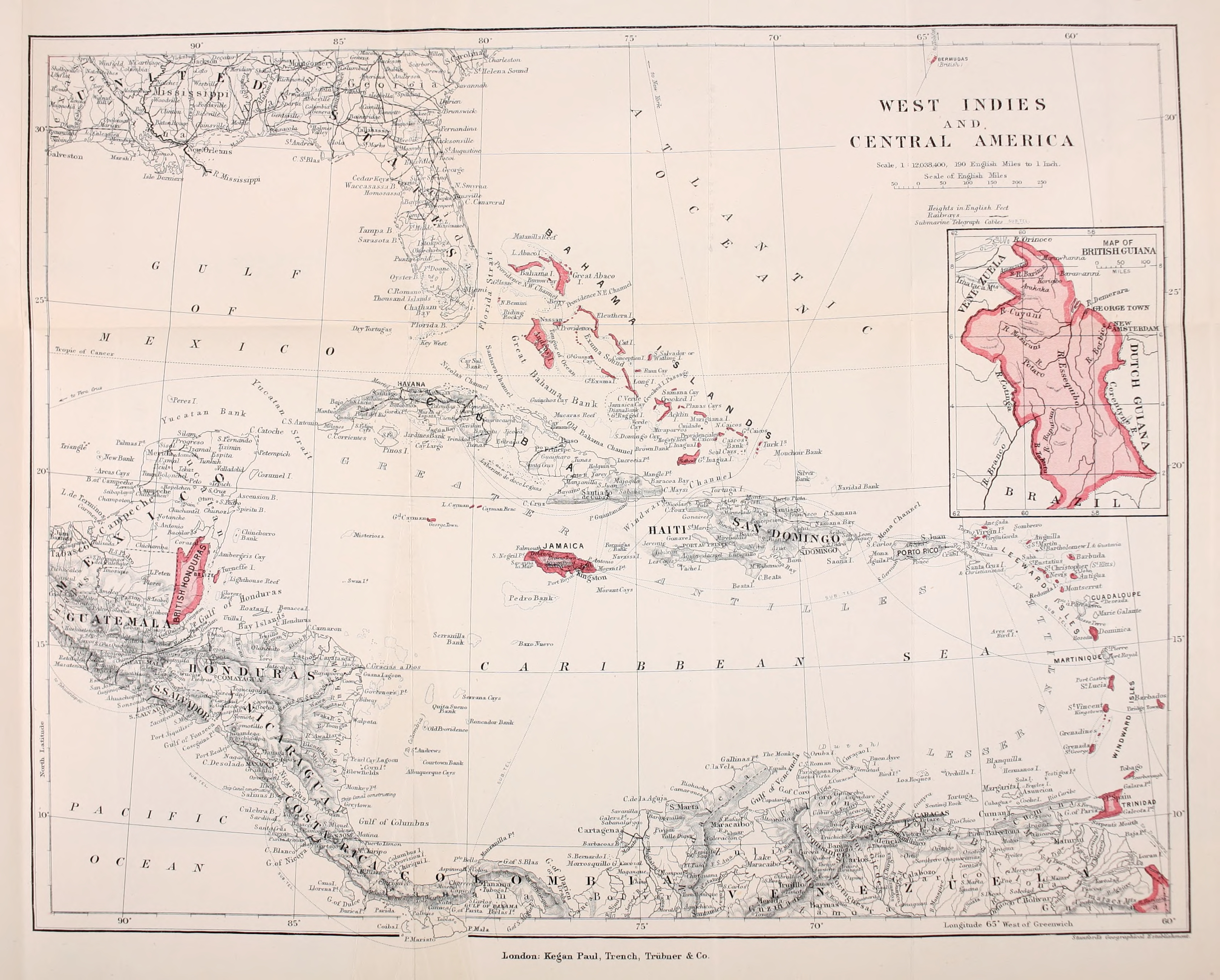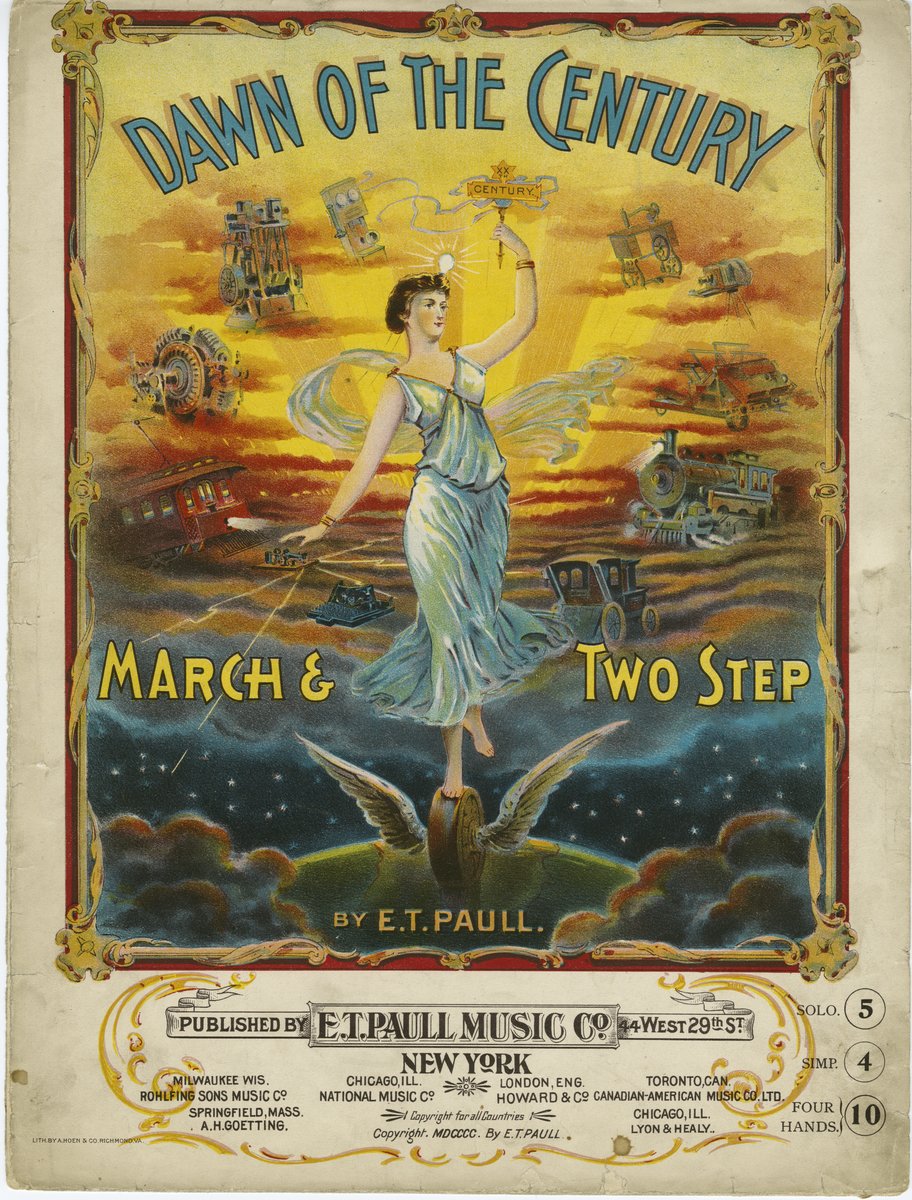|
Bermudian English
Bermudian English is a regional dialect of English found in Bermuda, a British overseas territory in the North Atlantic. Standard English is used in professional settings and in writing, while vernacular Bermudian English is spoken on more casual occasions. The Bermudian dialect began to develop following settlement in the early 17th century and retains traits of Elizabethan English. Casual observers tend to have difficulty in placing the Bermudian dialect, as it differs from those that are clearly British, American, or Caribbean; they also note that the accent tends to vary between individuals. To Americans, it sounds slightly English, while those from the British Isles find it more American. Categorisation Bermudian English has been called "one of the most severely underresearched varieties of English". It primarily shows a mixture of traits typical of British English and American English, and is generally classified as a form of American (rather than Caribbean) English. ... [...More Info...] [...Related Items...] OR: [Wikipedia] [Google] [Baidu] |
British West Indies
The British West Indies (BWI) were colonized British territories in the West Indies: Anguilla, the Cayman Islands, Turks and Caicos Islands, Montserrat, the British Virgin Islands, Antigua and Barbuda, The Bahamas, Barbados, Dominica, Grenada, Jamaica, Saint Kitts and Nevis, Saint Lucia, Saint Vincent and the Grenadines, British Guiana (now Guyana) and Trinidad and Tobago. Other territories include Bermuda, and the former British Honduras (now Belize). The colonies were also at the center of the transatlantic slave trade, around 2.3 million slaves were brought to the British Caribbean. Before the decolonisation period in the later 1950s and 1960s the term was used to include all British colonies in the region as part of the British Empire. [...More Info...] [...Related Items...] OR: [Wikipedia] [Google] [Baidu] |
Dialects Of English
Dialects are linguistic varieties that may differ in pronunciation, vocabulary, spelling and grammar. For the classification of varieties of English only in terms of pronunciation, see regional accents of English. Overview Dialects can be defined as "sub-forms of languages which are, in general, mutually comprehensible." English speakers from different countries and regions use a variety of different accents (systems of pronunciation) as well as various localized words and grammatical constructions; many different dialects can be identified based on these factors. Dialects can be classified at broader or narrower levels: within a broad national or regional dialect, various more localised sub-dialects can be identified, and so on. The combination of differences in pronunciation and use of local words may make some English dialects almost unintelligible to speakers from other regions without any prior exposure. The major native dialects of English are often divided by linguists i ... [...More Info...] [...Related Items...] OR: [Wikipedia] [Google] [Baidu] |
Languages Attested From The 17th Century
Language is a structured system of communication. The structure of a language is its grammar and the free components are its vocabulary. Languages are the primary means by which humans communicate, and may be conveyed through a variety of methods, including spoken language, spoken, sign language, sign, and written language. Many languages, including the most widely-spoken ones, have writing systems that enable sounds or signs to be recorded for later reactivation. Human language is highly variable between cultures and across time. Human languages have the properties of Productivity (linguistics), productivity and Displacement (linguistics), displacement, and rely on Convention (norm), social convention and learning. Estimates of the number of human languages in the world vary between and . Precise estimates depend on an arbitrary distinction (dichotomy) established between languages and dialects. Natural languages are speech, spoken, signed, or both; however, any language can ... [...More Info...] [...Related Items...] OR: [Wikipedia] [Google] [Baidu] |
Newfoundland English
Newfoundland English is a term referring to any of several accents and dialects of Atlantic Canadian English found in the province of Newfoundland and Labrador. Most of these differ substantially from the English commonly spoken elsewhere in Canada and North America. Many Newfoundland dialects are influenced by the dialects of England's West Country, in particular the city of Bristol and the counties of Cornwall, Devon, Dorset, Wiltshire, Hampshire and Somerset, while in terms of general cultural heritage, one estimate claims 80 to 85 percent of Newfoundland's English heritage came from England's southwest. Other Newfoundland dialects are influenced by the dialects of Ireland's southeastern counties, particularly Waterford, Wexford, Kilkenny and Cork. Still others blend elements of both and there is also a discernible influence of Scottish English. This reflects the fact that while the Scottish came in smaller numbers than the English and Irish, they had a large influence on Ne ... [...More Info...] [...Related Items...] OR: [Wikipedia] [Google] [Baidu] |
Front Vowel
A front vowel is a class of vowel sounds used in some spoken languages, its defining characteristic being that the highest point of the tongue is positioned as far forward as possible in the mouth without creating a constriction that would otherwise make it a consonant. Front vowels are sometimes also called bright vowels because they are perceived as sounding brighter than the back vowels. Near-front vowels are essentially a type of front vowel; no language is known to contrast front and near-front vowels based on backness alone. Rounded front vowels are typically centralized, that is, near-front in their articulation. This is one reason they are written to the right of unrounded front vowels in the IPA vowel chart. Partial list The front vowels that have dedicated symbols in the International Phonetic Alphabet are: * close front unrounded vowel * close front compressed vowel * near-close front unrounded vowel * near-close front compressed vowel * close-mid front unroun ... [...More Info...] [...Related Items...] OR: [Wikipedia] [Google] [Baidu] |
Turn Of The Century
Turn of the century, in its broadest sense, refers to the transition from one century to another. The term is most often used to indicate a distinctive time period either before or after the beginning of a century or both before and after. According to the ''Chicago Manual of Style'' online Q&A, there is no common agreement as to the meaning of the phrase "turn of the ''n''-th century." For instance, if a statement describes an event as taking place "at the turn of the 18th century," it could refer to a period around the year 1701 or around 1800, that is, the beginning or end of that century. As a result, they recommend either using only "turn of the century," and only in a context that makes clear which transition is meant, or alternatively to use a different expression that is unambiguous. "Turn of the century" commonly meant the transition from the 19th century to the 20th century; however, as the generations living at the end of the 20th century survived into the 21st centur ... [...More Info...] [...Related Items...] OR: [Wikipedia] [Google] [Baidu] |
Royal Naval Dockyard, Bermuda
HMD Bermuda ( Her/His Majesty's Dockyard, Bermuda) was the principal base of the Royal Navy in the Western Atlantic between American independence and the Cold War. The Imperial fortress colony of Bermuda had occupied a useful position astride the homeward leg taken by many European vessels from the New World since before its settlement by England in 1609. French privateers may have used the islands as a staging place for operations against Spanish galleons in the 16th century. Bermudian privateers certainly played a role in many English and British wars following settlement, with its utility as a base for his privateers leading to the Earl of Warwick, the namesake of Warwick Parish, becoming the most important investor of the Somers Isles Company. Despite this, it was not until the loss of bases on most of the North American Atlantic seaboard (following US independence) threatened Britain's supremacy in the Western Atlantic that the island assumed great importance as a naval bas ... [...More Info...] [...Related Items...] OR: [Wikipedia] [Google] [Baidu] |
West End Theatre
West End theatre is mainstream professional theatre staged in the large theatres in and near the West End of London.Christopher Innes, "West End" in ''The Cambridge Guide to Theatre'' (Cambridge: Cambridge University Press, 1998), pp. 1194–1195, Along with New York City's Broadway theatre, West End theatre is usually considered to represent the highest level of commercial theatre in the English-speaking world. Seeing a West End show is a common tourist activity in London. Famous screen actors, British and international alike, frequently appear on the London stage. There are a total of 39 theatres in the West End, with the Theatre Royal, Drury Lane, opened in May 1663, the oldest theatre in London. The Savoy Theatre – built as a showcase for the popular series of comic operas of Gilbert and Sullivan – was entirely lit by electricity in 1881. Opening in October 2022, @sohoplace is the first new West End theatre in 50 years. The Society of London Theatre (SOLT) announced ... [...More Info...] [...Related Items...] OR: [Wikipedia] [Google] [Baidu] |
London
London is the capital and largest city of England and the United Kingdom, with a population of just under 9 million. It stands on the River Thames in south-east England at the head of a estuary down to the North Sea, and has been a major settlement for two millennia. The City of London, its ancient core and financial centre, was founded by the Romans as '' Londinium'' and retains its medieval boundaries.See also: Independent city § National capitals The City of Westminster, to the west of the City of London, has for centuries hosted the national government and parliament. Since the 19th century, the name "London" has also referred to the metropolis around this core, historically split between the counties of Middlesex, Essex, Surrey, Kent, and Hertfordshire, which largely comprises Greater London, governed by the Greater London Authority.The Greater London Authority consists of the Mayor of London and the London Assembly. The London Mayor is distinguished fr ... [...More Info...] [...Related Items...] OR: [Wikipedia] [Google] [Baidu] |
Earl Cameron (actor)
Earlston Jewitt Cameron, CBE (8 August 19173 July 2020), known as Earl Cameron, was a Bermudian actor who lived and worked in the United Kingdom. After appearing on London's West End stage, he became one of the first black stars in the British film industry. With his appearance in 1951's '' Pool of London'', Cameron became one of the first black actors to take up a starring role in a British film after Paul Robeson, Nina Mae McKinney and Elisabeth Welch in the 1930s.Imogen Blake"Pioneering actor Earl Cameron, 98: 'Showbusiness was just a means to an end'" ''Ham & High'', 7 April 2016. According to ''Screenonline'', "Earl Cameron brought a breath of fresh air to the British film industry's stuffy depictions of race relations. Often cast as a sensitive outsider, Cameron gave his characters a grace and moral authority that often surpassed the films' compromised liberal agendas." He starred alongside Sean Connery in '' Thunderball'' (1965). He made appearances in many 1960s Brit ... [...More Info...] [...Related Items...] OR: [Wikipedia] [Google] [Baidu] |
Confederation Of Canada
Canadian Confederation (french: Confédération canadienne, link=no) was the process by which three British North American provinces, the Province of Canada, Nova Scotia, and New Brunswick, were united into one federation called the Dominion of Canada, on July 1, 1867. Upon Confederation, Canada consisted of four provinces: Ontario and Quebec, which had been split out from the Province of Canada, and the provinces of Nova Scotia and New Brunswick. Over the years since Confederation, Canada has seen numerous territorial changes and expansions, resulting in the current number of ten provinces and three territories. Terminology Canada is a federation and not a confederate association of sovereign states, which is what "confederation" means in contemporary political theory. It is nevertheless often considered to be among the world's more decentralized federations. The use of the term ''confederation'' arose in the Province of Canada to refer to proposals beginning in the 1850s to f ... [...More Info...] [...Related Items...] OR: [Wikipedia] [Google] [Baidu] |





.jpg)
